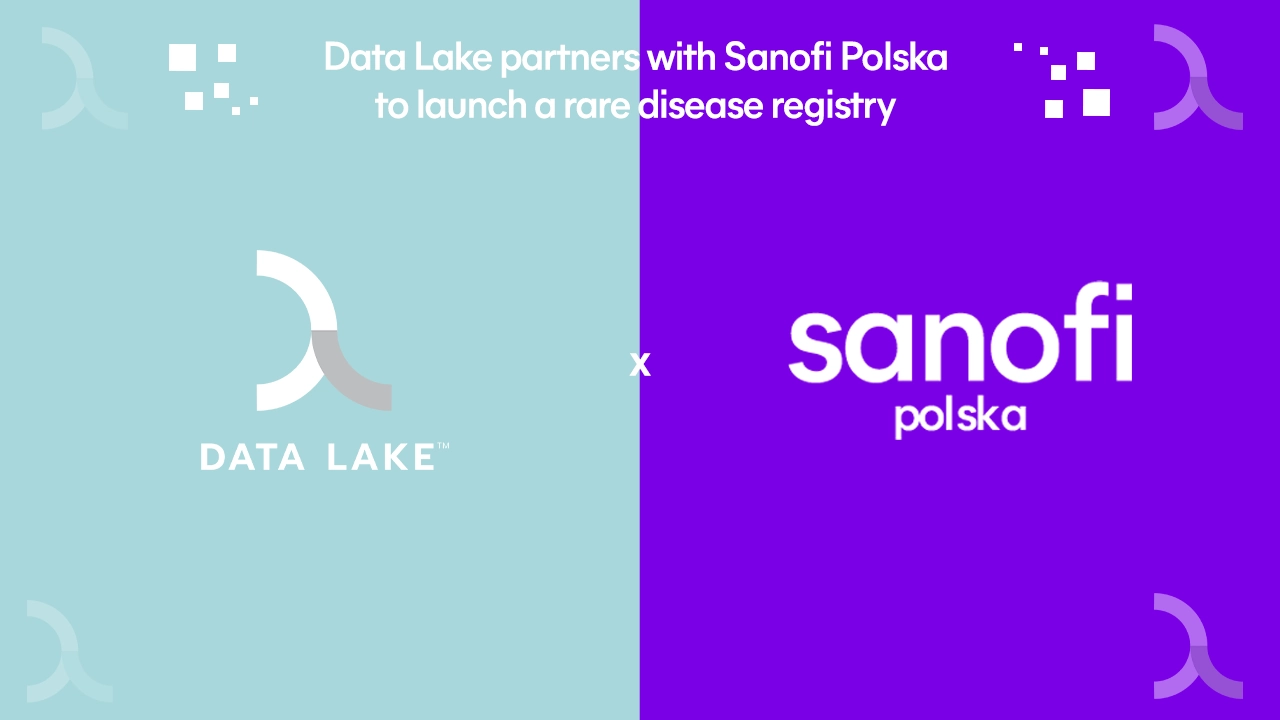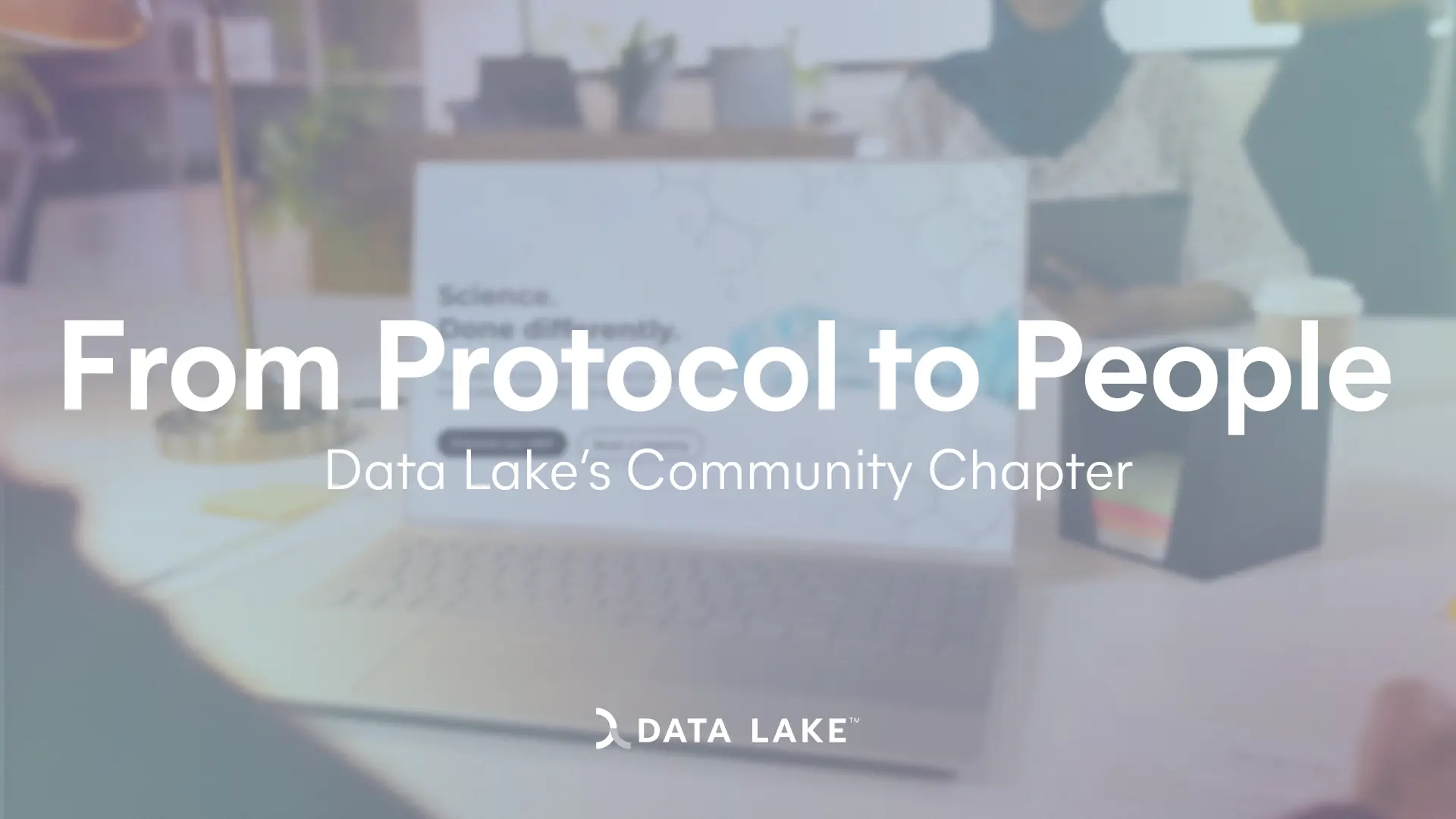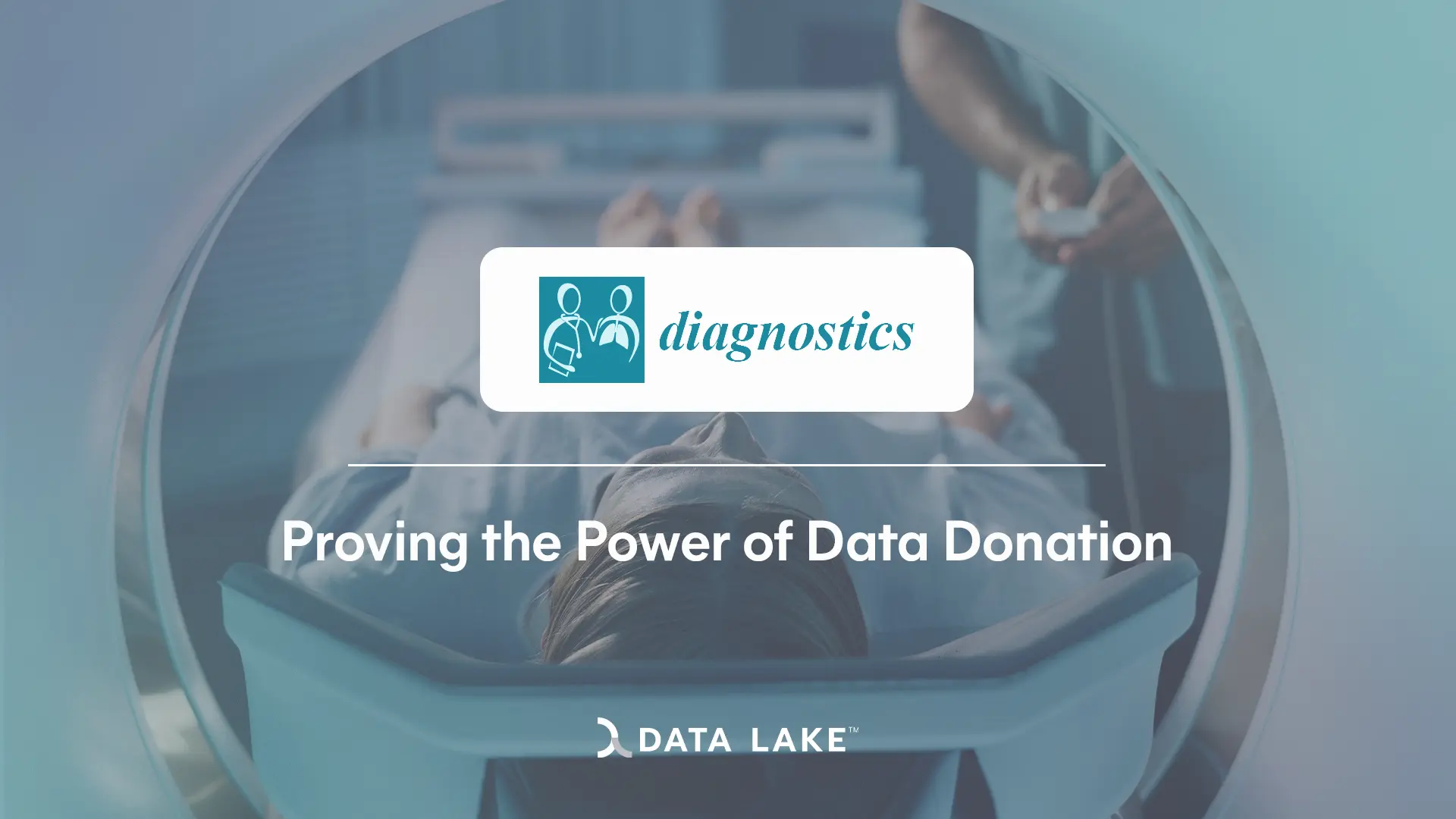Warsaw, June 11, 2024
Press Release
Data Lake, an innovative startup specializing in medical data management, partners with Sanofi Polska, a leader in the pharmaceutical industry. The aim of this partnership is to create the first patient registry in Poland for the rare disease ASMD (Acid Sphingomyelinase Deficiency) based on patient consent. ASMD is an ultra-rare genetic disorder characterized by the accumulation of sphingomyelin in cells, leading to damage to internal organs such as the liver, spleen, and lungs.
The registry, named PASMO (Patient Pathway ASMD Optimization), will form the basis for analyzing the diagnostic and therapeutic pathways of ASMD patients and developing AI algorithms for more effective diagnosis of the disease. Fast and efficient diagnosis of this disease is currently particularly important due to the recent availability of effective treatment in Poland.
Data Lake, as the operator of the registry, will be responsible for the technological and operational aspects of the project, while Sanofi Polska, as the project sponsor, provides financial and substantive support.
The registry is also being carried out under the patronage and with the support of patient organizations such as the National Forum for the Therapy of Rare Diseases Orphan, My Patients Foundation, Polish Patients Federation, Neurofibromatosis Association Poland, Niemann-Pick Association, the ASMD Patients and Families Association, and the Data Donation Foundation.
Key project assumptions include empowering patients through data access management technology, active participation of patient organizations at every stage of work, and independent oversight of the registry by a Scientific Council composed of eminent medical experts and clinicians. Data processing transparency will be ensured through the use of blockchain technology. The database structure will be designed from the outset with the intention of training AI algorithms. The project will be based on international Good Registry Practice guidelines such as AHRQ, PARENT, and REQUEST.
“Sanofi has been committed to improving the quality of life for patients with rare diseases for years. The partnership with Data Lake will allow us to support ASMD patients and develop new technological solutions that will have a real impact on their diagnosis and treatment,” said Dr. Joanna Lis, Market Access Director, Sanofi sp. z o.o.
“We are proud to collaborate with Sanofi on such an innovative project. The PASMO registry will not only enable a better understanding of the diagnostic and therapeutic pathways of ASMD patients in Poland but also contribute to the development of modern AI technologies in medicine. In the PASMO project, we have the ambition to showcase an innovative data access model that can be replicated in other rare diseases and internationally,” added Wojciech Sierocki, CEO of Data Lake.
Contact:
Data Lake
Email: office@data-lake.co
Phone: +48 783 820 536
We especially encourage clinicians involved in the diagnosis and treatment of ASMD, as well as patients who would like to be included in the Registry, to get in touch with us.
About Sanofi
Sanofi is an innovative, global biopharmaceutical company with one goal: To make the impossible possible by discovering, developing and delivering medicines and vaccines to millions of people around the world, while putting sustainability and social responsibility at the heart of our ambitions. Sanofi is one of the largest pharmaceutical companies in Poland according to the national ranking IQVIA Poland. The group has a production plant in Rzeszów and a distribution center in Błonie near Warsaw. Sanofi is listed on the Paris and New York stock exchanges: EURONEXT: SAN and NASDAQ: SNY
For more information, visit the websites of Data Lake and Sanofi.
About Data Lake
Data Lake is a startup specializing in medical data management and the creation of medical registries. Utilizing blockchain technology and regulatory, research, and technological expertise, Data Lake is capable of implementing complex research projects based on real-world data (RWD).




